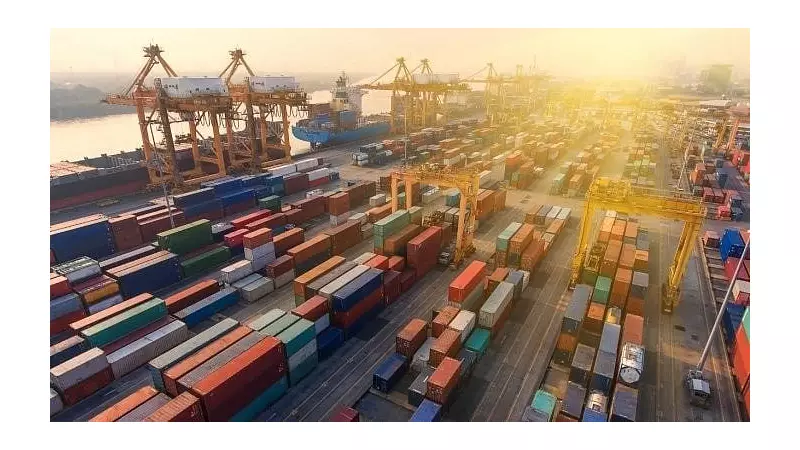
India's trade landscape witnessed a dramatic shift in June 2024 as the country's trade deficit soared to an unprecedented high, creating significant economic headwinds. The massive gap between imports and exports reached a record-breaking figure, primarily fueled by an extraordinary surge in gold purchases from international markets.
Record-Breaking Trade Deficit Reaches $31.5 Billion
According to recent data released by the Commerce Ministry, India's trade deficit expanded to $31.5 billion in June 2024, marking the highest level ever recorded in the country's economic history. This represents a substantial increase from the $23.8 billion deficit recorded in May 2024, indicating a rapidly worsening trade situation.
The preliminary data reveals that while exports showed some growth, the staggering increase in imports completely overshadowed these gains. The overall merchandise exports reached $35.5 billion in June, showing modest improvement from previous months. However, the import bill ballooned to $67 billion during the same period, creating the massive deficit that has raised concerns among policymakers and economists alike.
Gold Imports Skyrocket by 200%
The most striking factor behind the widening trade gap was the phenomenal increase in gold imports, which surged by approximately 200% compared to previous months. The precious metal's imports reached unprecedented levels as domestic demand exploded despite global price fluctuations.
Several factors contributed to this gold buying frenzy, including traditional wedding season demand, investment hedging against inflation, and changing consumer preferences. The massive inflow of gold has put additional pressure on India's current account situation and raised questions about sustainable trade practices.
Other significant contributors to the import bill included crude oil, electronic goods, and machinery imports, though their growth rates were substantially lower compared to the gold sector. The combination of these factors created a perfect storm that pushed the trade deficit to historic levels.
Economic Implications and Government Response
The record trade deficit has immediate consequences for India's macroeconomic stability. Economists warn that this development could lead to pressure on the Indian rupee and potentially impact the country's current account deficit, which measures the difference between national savings and investment.
Government officials have acknowledged the concerning trend and are monitoring the situation closely. The Commerce Ministry has indicated that they are evaluating measures to boost exports while ensuring that essential imports are not disrupted. The focus remains on maintaining a balance between supporting domestic demand and preserving external sector stability.
Export sectors that showed positive performance included engineering goods, pharmaceuticals, and certain agricultural products. However, these gains were insufficient to counterbalance the massive import bill, particularly the extraordinary gold purchases.
Looking ahead, economic analysts suggest that the government might consider policy interventions if the trend continues. Possible measures could include reviewing import duties on non-essential items and enhancing support for export-oriented industries. The coming months will be crucial in determining whether this record deficit represents a temporary spike or a more persistent economic challenge.






